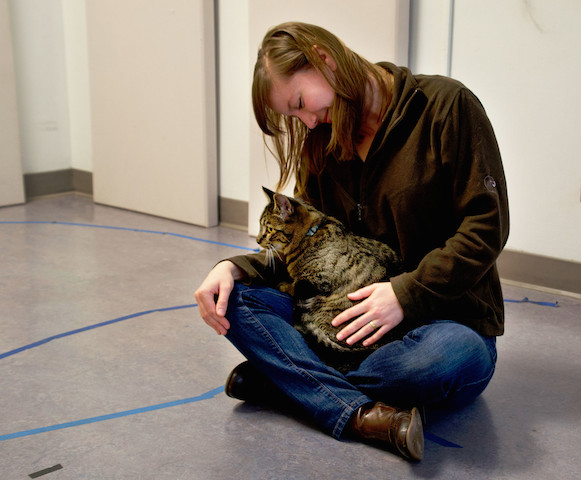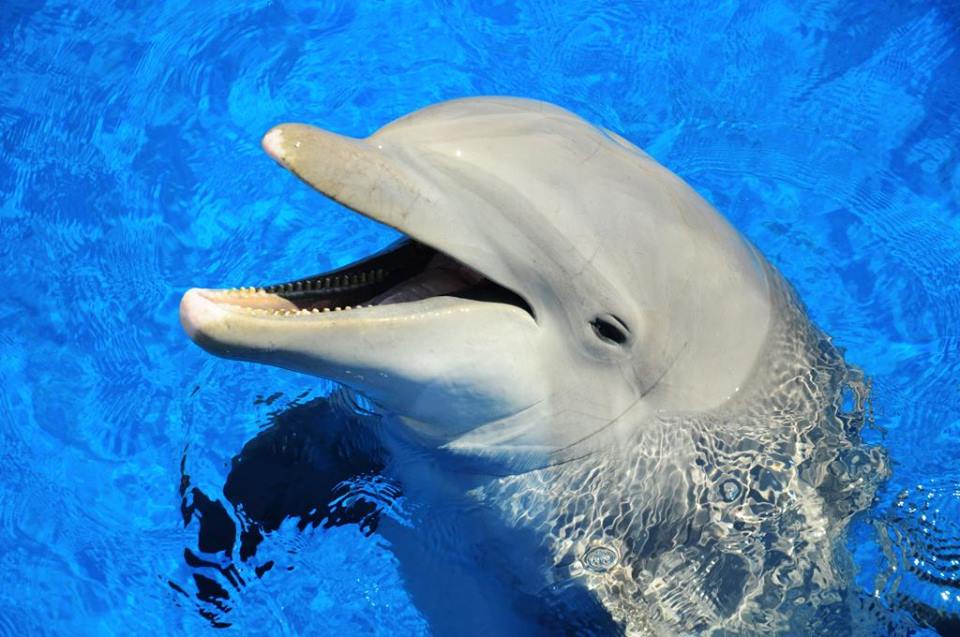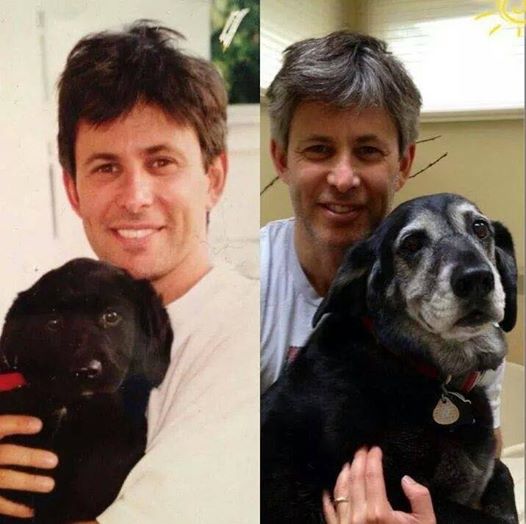Dogs may be man’s best friend, but cats are no slouch in the BFF department, either.
Oregon State University researchers say they have shown for the first time pet cats form attachments with their humans just like dogs do, and even children.
The study, published Monday in the journal Current Biology, involved observations of dozens of cats and kittens as well as their humans.
“In both dogs and cats, attachment to humans may represent an adaptation of the offspring-caretaker bond,” study lead author Kristyn Vitale said in a statement. “Our study indicates that when cats live in a state of dependency with a human, that attachment behavior is flexible and the majority of cats use humans as a source of comfort.”
The test subjects took park in a “secure base test,” where the animal first spent two minutes in a new room with their caregiver, followed by a two-minute alone phase, and finally a two-minute reunion phase. It’s the same process studied previously with kids and dogs to gauge comfort levels.
Cats with a “secure attachment” to their person are less stressed after the caregiver’s return from the two-minute absence.
Those cats will even check out the room and wander around.

But cats with an “insecure attachment” will be stressed out.
They show it by tail twitching and licking their lips. They also do it by avoiding their human, clinging to them or not moving around the room at all.

Of 70 kittens studied, 64.3 per cent were considered securely attached while 35.7 per cent were insecurely attached.
And of 38 cats that were at least 1-year-old, the outcomes were similar with 65.8 per cent showing secure bonding and 34.2 per cent were insecure.
The researchers even conducted a six-week training course. But the results didn’t change.
And, they reflected the reaction of babies. In humans, 65 per cent of infants are securely attached to their caregiver, according to previous research.
“Cats that are insecure can be likely to run and hide or seem to act aloof,” Vitale added. “There’s long been a biased way of thinking that all cats behave this way. But the majority of cats use their owner as a source of security. Your cat is depending on you to feel secure when they are stressed out.”
So cats really do love us. They’re just really good at ignoring us, too.
Photos Oregon State University




